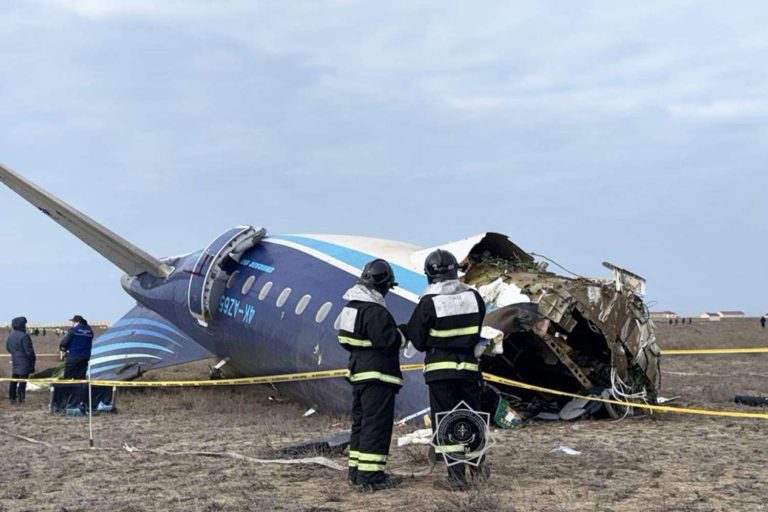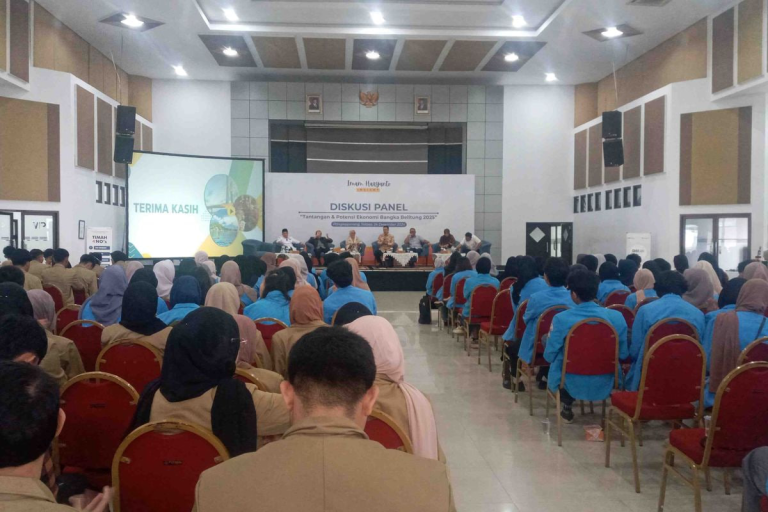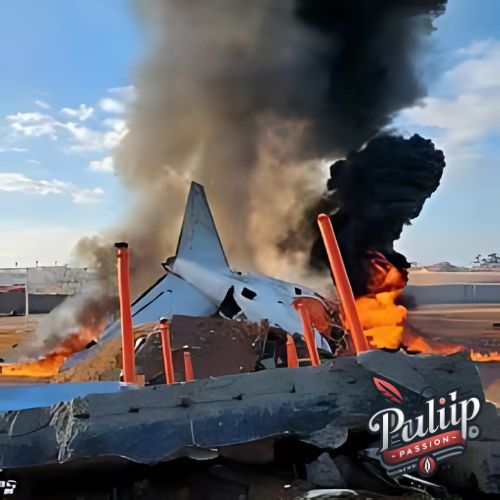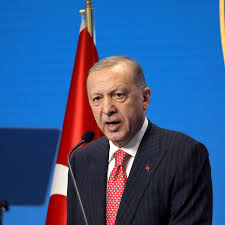
Taiwan’s defense authorities have raised alarms about China’s escalating maritime movements around the island, warning that these activities are the largest seen in decades. The significant increase in Chinese naval and air operations near Taiwan has become a focal point of concern for Taipei, as tensions continue to rise in the region. These military maneuvers are being closely monitored, as they reflect the growing pressure China is exerting on Taiwan, which it views as a breakaway province.
Taiwan’s Concerns Over Rising Chinese Maritime Activity
In recent months, China has significantly increased its maritime presence near Taiwan, engaging in a series of naval exercises and air patrols that have raised concerns in Taipei. According to reports from Taiwan’s Ministry of National Defense, the scale of these maritime movements is unprecedented in recent decades, and the frequency of military activities near Taiwan’s waters has reached alarming levels.
This surge in Chinese maritime operations comes as Beijing continues to assert its claim over Taiwan, a democratic island that has been self-governing since 1949. While the Chinese government has long expressed its desire for reunification with Taiwan, the intensification of military activity around the island has raised fears of a potential conflict. For Taiwan, the threat is not only territorial but also a strategic one, as China’s military buildup and increased presence in the region could have far-reaching implications for regional security.
The Nature of China’s Maritime Movements
China’s recent maritime activities around Taiwan involve a combination of naval drills, missile tests, and the increased presence of its air and sea forces in the Taiwan Strait and the waters surrounding the island. These movements include regular incursions into Taiwan’s air defense identification zone (ADIZ), as well as the deployment of warships and submarines near Taiwan’s territorial waters.
While China has claimed these activities are routine exercises meant to safeguard national security and maintain stability in the region, the timing and scale of these operations have raised eyebrows. Experts believe the increase in Chinese military presence may be a response to perceived foreign interference in Taiwan’s affairs, including increased diplomatic support from Western countries and the growing presence of international naval forces in the Indo-Pacific.
Taiwan’s Response and Preparedness
Taiwan’s military has been on high alert as a result of these increased Chinese movements. The island has bolstered its own defense readiness, conducting regular drills to ensure that its forces are prepared for any potential escalation. Taiwan has also sought to enhance its diplomatic ties with allies, particularly the United States, which has a longstanding commitment to support Taiwan’s defense under the Taiwan Relations Act.
In response to China’s growing maritime activity, Taiwan has emphasized the importance of international support in maintaining regional peace and stability. The island’s government has urged the global community to take a firm stance against any potential aggression from Beijing, stressing that the situation in the Taiwan Strait is not only a matter of concern for Taiwan but for the broader international community.
Global Implications of the Escalating Tensions
The increased Chinese military presence around Taiwan has raised the stakes for global security, particularly in the Indo-Pacific region. Taiwan’s strategic location, along with its role as a global semiconductor hub, makes its security a critical concern for many nations. The United States, Japan, and other regional players have expressed growing unease over China’s actions and the potential for military conflict.
Furthermore, these developments come at a time when the U.S. and China are already engaged in a broader geopolitical rivalry, with tensions rising over trade, technology, and human rights issues. The situation in Taiwan is viewed as a key flashpoint in this ongoing competition, and any misstep could have far-reaching consequences, not only for Taiwan and China but for the entire Asia-Pacific region.






